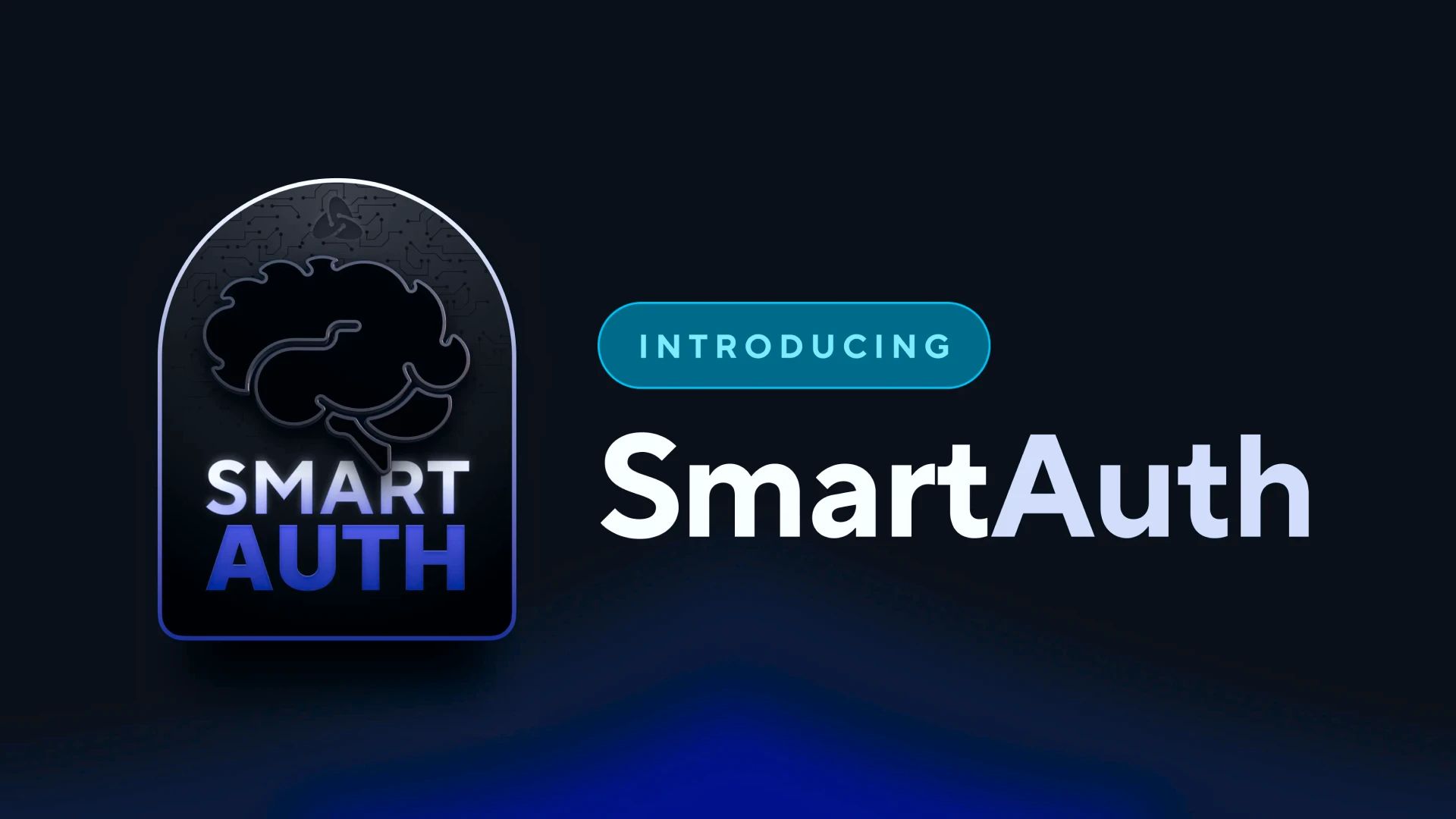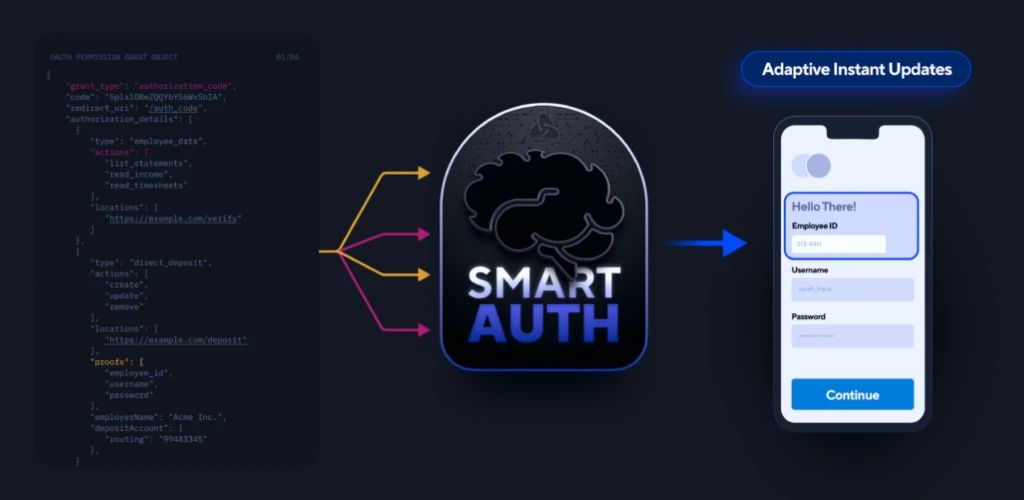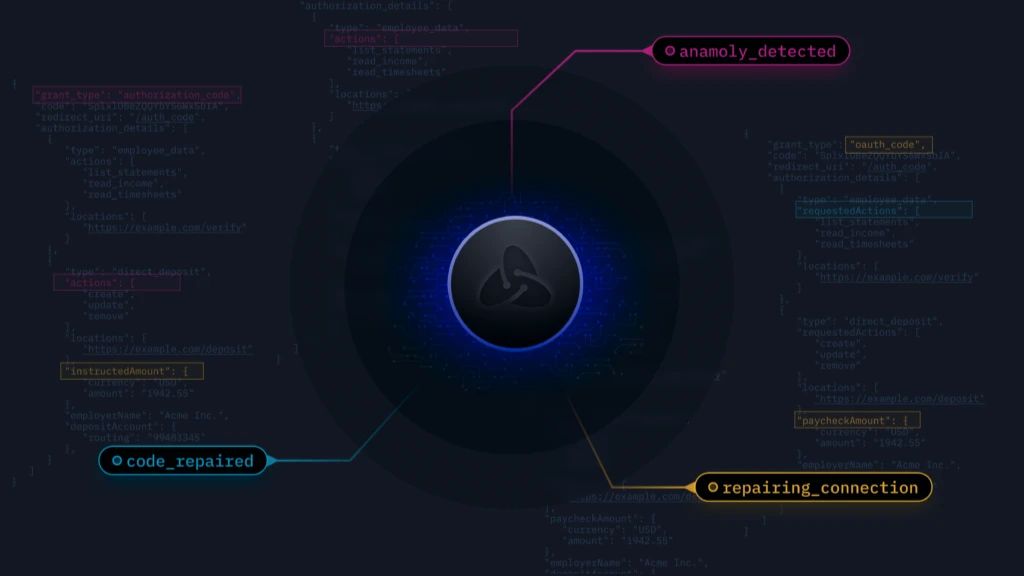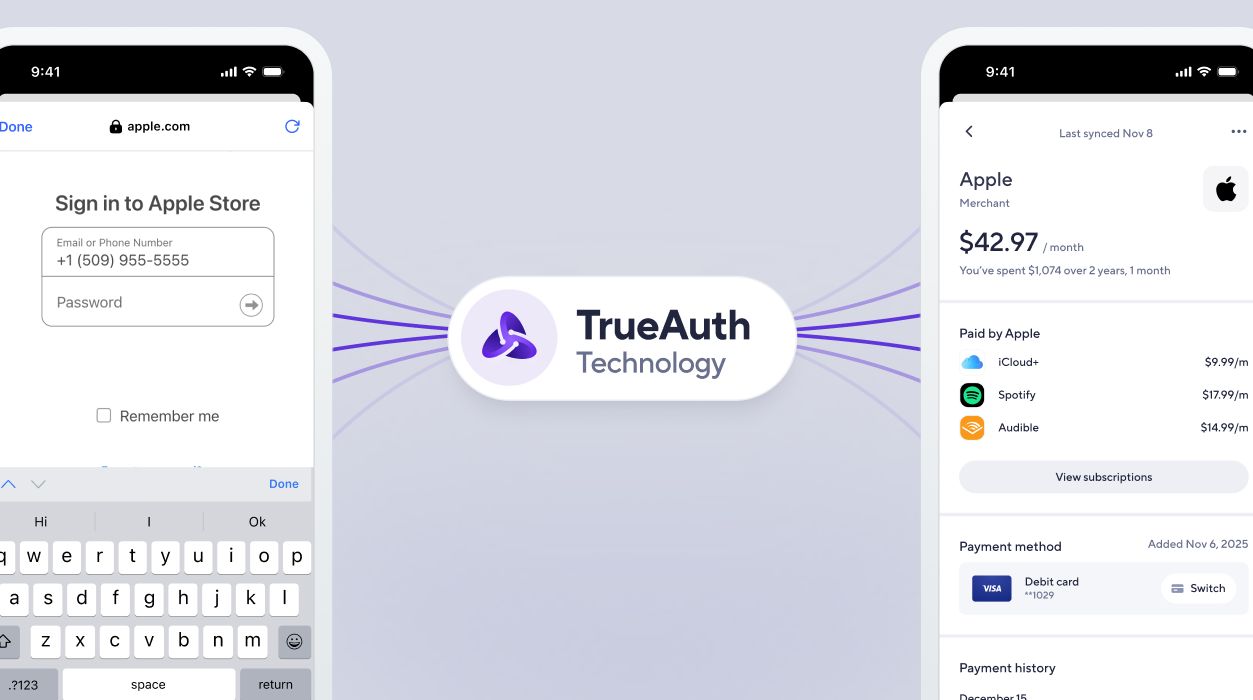Atomic’s SmartAuth: Revolutionizing Payroll Integration

Becky Ross
Head of Marketing

Today we unveiled SmartAuth, a new artificial intelligence-powered authentication engine. This breakthrough technology revolutionizes user-permissioned integrations by enabling authentication adaptations in real-time. Furthermore, with SmartAuth, Atomic can expand coverage, optimize conversion and minimize connection downtime. Read the full press release in BusinessWire here.

SmartAuth trains on thousands of real login examples to detect and tackle the necessary steps for successful authentications. As login experiences inevitably change over time, the authentication engine uses artificial intelligence and machine learning to identify the required interactions and adapt. Previously, authentication process changes required code updates that took hours to days to develop and release, leaving connections in maintenance mode. With SmartAuth, changes are detected on the fly ensuring users can enjoy an uninterrupted experience without any delays.
" With SmartAuth, we can now offer our customers a truly seamless and hassle-free authentication experience, while reducing development time and increasing scalability. In some places we’ve seen conversion rates in the range of 2-3x improvement by leveraging AI to help us provide consumers with access to their own data. "

Jordan Wright
Co-founder and CEO of Atomic

SmartAuth represents a significant breakthrough in the payroll connectivity space, enabling faster and more efficient authentication. However, the potential applications of this technology extend far beyond payroll. A strong commitment to innovation and a dedication to providing the best user experience has made this breakthrough possible. As a leader in developing cutting-edge solutions, Atomic continues to set the pace for the industry and remains devoted to improving the lives of its customers through transformative technology like SmartAuth.
" There are hundreds of third-party integrations to maintain at Atomic. Unexpected changes are frequent. Novel and complex edge cases are the norm. SmartAuth is battle-trained by this environment to offer a path forward in real-time. We’ve noticed integrations that should have been broken due to changes beyond our control, continue to thrive with zero downtime or engineering effort. We know it isn’t magic, but it sure feels that way. "

Scott Weinert
Co-founder and CTO of Atomic


